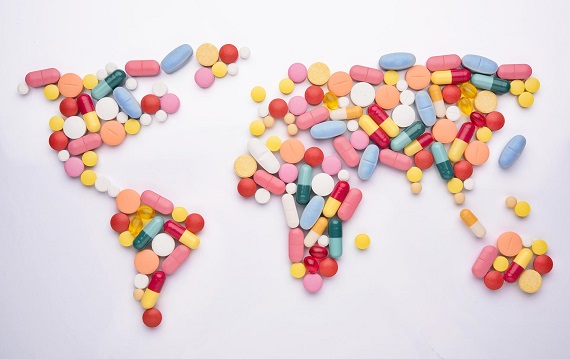The World Health Organisation (WHO), during the observation of the maiden World Patient Safety Day on 17 September, 2019, the campaign endorsed by the 72nd World Health Assembly in May 2019, remarked that “the safety of patients during the provision of healthcare services of high quality is indispensable for making healthcare systems formidable and making remarkable progress towards achieving Universal Health Coverage (UHC)”.
It was also observed that antibiotics are the cornerstones on which the health system is resting. Without effective antibiotics, good and quality healthcare for all cannot be achieved. Antibiotics and antibiotic resistance are interconnected with a good number of dimensions regarding patient safety. Thus, in ensuring patient safety, the following dimensions should be considered:
- Access to quality antibiotics
Getting access to quality medicines is a very crucial part in making sure patient safety is ensured. Records have shown that Bacterial infection that are treatable with antibiotics cause 5.7 million avoidable deaths annually. This number is different from the 750,000 annual deaths caused by antibiotic resistance, which has been predicted to be 10 million by 2050 if no action is taken to combat antibiotic resistance.
Unavailability and shortage of essential antibiotics poses a threat to patient safety. By not being able to provide the correct treatment for an infection or disease, it can elevate the disease severity and an increased risk of patient harm or even death. Shortage or unavailability of first line treatment often leads to the use of antibiotics with broader spectrum and contributes unnecessarily to resistance development.
- Diagnostics for infectious diseases
An accurate diagnosis is the basis for any decision making in healthcare delivery and infectious diseases face a special challenge as it is not sufficient to identify the disease alone but also the organism causing the disease. Improper use of antibiotics is an outcome of poor diagnosis and thus leads to the development of antibiotic resistance.

- Infection prevention and control
Preventing and controlling the spread of infections in the community and in healthcare settings is critical to reducing the prevalence of infectious diseases and antibiotic resistance. Nosocomial (healthcare-associated) infections are a major contributor to complications, morbidity and mortality of hospitalised patients. Nosocomial infections are estimated to affect 7-6 per cent of hospitalised patients in high-income countries and between 8.5-15.5 of hospitalised patients in low- and middle-income countries.
One of the primary ways to address nosocomial infections and prevent harms to patients and health workers is through infection prevention and control. Preventing infections, creating and implementing infection prevention and control would be one of the cheapest and most effective ways to reduce the effects of antibiotic resistance.
Antibiotic stewardship programmes are important for minimising the inappropriate use of antibiotics across healthcare settings. These programmes aim to ensure that antibiotics are used only when indicated–that is, to treat bacterial infections– and at the right dose and duration of therapy. The potential impact these programmes can have on patient safety is clear. Antibiotic stewardship plays a crucial role in reducing the health impacts of antibiotic resistance.
The use of antibiotics will always carry a risk, both to public health and patients. However, improved stewardship efforts can help minimise the risks by ensuring that antibiotics are used discriminately and appropriately.
Alaka Hassan Olayemi













